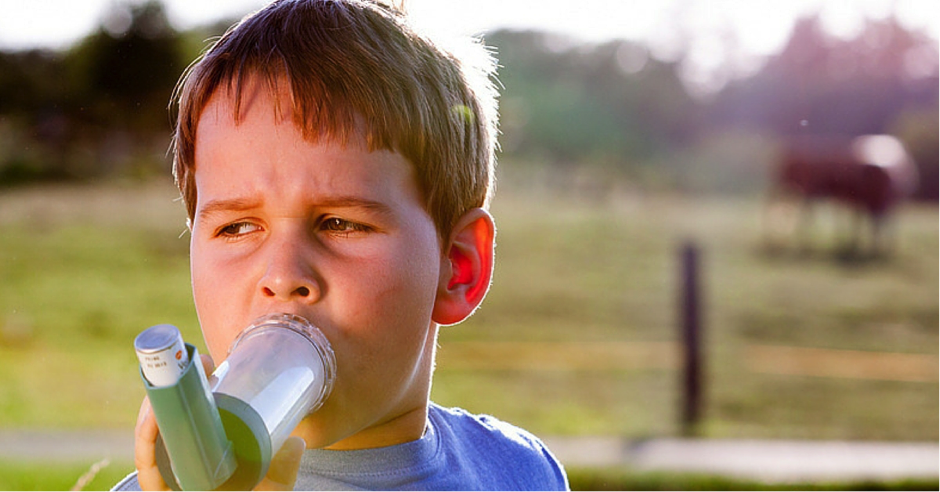The Brain, n: An apparatus with which we think what we think (The Devil’s Dictionary, Ambrose Bierce).
It is a lot more than that. The brain is the organ that controls us – the physical and the emotional. Billions of nerve cells, operating behind a moat of cerebrospinal fluid, direct our every move. And for all the heavy lifting they do, they are very fragile.
This week (March 13-19, 2017) is Brain Awareness Week. We thought it would be a good idea to see what brain health is all about. But first here are some interesting facts about our brain:
- A five-year-old has a brain that is 90% of its adult size.
- Our brains reach maturity in their 20s as reasoning, planning and impulse control areas are fully formed.
- The brain starts to shrink between the ages of 30-40. Very slowly.
- By the age of 50, complex stimuli may take longer than before, and short-term memory can decline.
- By 70, cognitive speed may fall further.
- Beyond 70, early signs of Alzheimer’s and dementia may set in.
Despite the decline of brain cells, reasoning, creativity and language can stay very strong for many years. The brain is a very remarkable organ.
Types of brain conditions
There are many types of brain damage, with varying definitions, but here is a simple classification:
- Congenital brain disorders: these are present at birth and vary from mild to severe. These are due to the abnormal development of the baby’s brain during pregnancy. They can often be detecting in routine testing.
- Acquired brain injury: this is due to a post-birth event, such as an accident or fall.
- Degenerative brain condition: often caused by ageing, such as Alzheimer’s.
So, why are there so many different brain conditions? The answer to that lies in the complexity of the brain function. The brain has many parts – each with its specific function. For instance, frontal lobes regulate our emotions and impulses (among other things), so any damage to this area of the brain could result in personality changes and impact social skills.
What is a brain injury?
The Australian Institute of Health and Welfare defines it as “multiple disabilities arising from damage to the brain acquired after birth. It results in deterioration in cognitive, physical, emotional or independent functioning. It can be the result of an accident, stroke, brain tumour, infection, lack of oxygen and degenerative neurological disease.” A brain injury is not ageing, a disease, mental illness or an intellectual disability.
There are over 700,000 Australians with a brain injury, 75% of who are under the age of 65 and over half acquired their brain injury before the age of 25, according to the Australian Bureau of Statistics. Clearly, it strikes the young much more than the elderly. If we look at the more inclusive category of brain disorders then there are over 2 million Australians who have been affected.
How is damage to the brain detected?
Brain injuries can range from minor to very severe and can be temporary or permanent. While a brain injury is serious and must receive immediate attention either from the GP or the hospital emergency department, not all injuries result in disability or impairment.
There are several diagnostic tools used to detect damage to the brain. According to Synapse Australia, the organisation that provides resources to victims of brain damage, neurological tests fall into two categories – ones that examine the structure of the brain and the other that examine the functioning of the brain. Some of the first category tests are the CT scan and MRI and the second category tests include the EEG, SPECT scan and PET scan. If you’d like to know more about these, talk to your GP.
Can brain injuries be prevented?
According to WedMD, some measures can be taken to prevent brain injuries. Here are some of their suggestions:
- Never shake a child.
- Install safety equipment – especially on windows and bunk beds to prevent your child falling out of them.
- All playgrounds must be constructed with safety in mind – e.g. shock absorbing material on playgrounds, goal posts etc., must be covered with high-density foam, age and height restrictions in play areas must be respected.
- Wear protective gear when active – helmets are a must, especially for children and for all high-speed sport.
- Have zero-tolerance of unsafe practices – seat belts are a must.
- If you are an employer in an injury-prone business like construction, ensure that your staff has safety equipment such as hard hats, harnesses when working from heights etc. Also, have processes for site safety. Be diligent about regular safety audits.
- Brain damage can be caused by poor behavioural choices – excessive alcohol consumption, drug abuse. Limit these.
Keeping the brain healthy
There’s a lot we do to keep our body healthy but we take the most important organ for granted. Brain Foundation Australia, works towards increasing brain health awareness. They recommend a few simple steps:
- Exercise and challenge your brain: this is one organ the more you use of, the better it gets. If Sudoku and crosswords are not for you, play chess or bridge. Keep your brain sharp and thinking ahead. Learning a new instrument or a language is effective too.
- Nourish the brain: a low-fat, well-balanced diet is best. Protein and unsaturated fats are good for the brain. Fish for dinner tonight? The brain gets its energy from glucose. So, have a bit of natural sugar – maybe a piece of fruit – when you feel your concentration drop.
- Exercise: even moderate exercise is known to release chemicals that make you feel good. It is believed that some forms of exercise can have effects similar to an anti-depressant. Regardless, exercise is good for you, so get it as regularly as you can.
- Make safety a priority: at home and at work, ensure that safety precautions are in place. For high-impact sport, use the proper protective equipment.
- Manage anxiety and stress: There is evidence that stress damages the brain. Make changes to your lifestyle and find the time to relax.
We owe the life we live to our brain. We must take brain health more seriously. Let’s get behind all the wonderful organisations raising money to support brain research. Raise funds, host an event, donate money or volunteer for a great cause.






